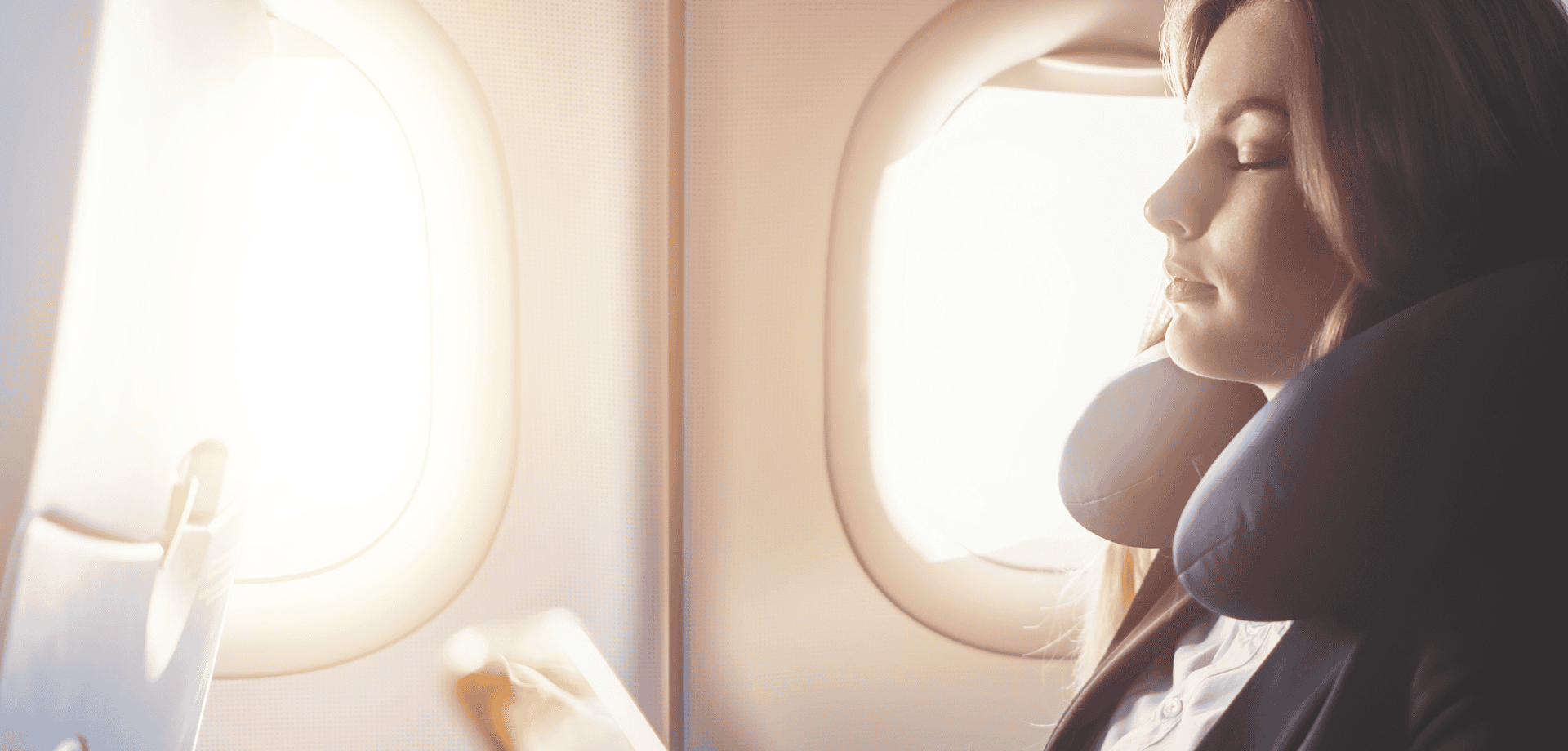Imagine you’re holidaying in a tropical paradise, walking barefoot on the beach. Would you consider this a health risk? What if this simple, carefree activity could turn your trip into a nightmare?
Unfortunately, this is what happened to a Canadian couple in the Dominican Republic, who contracted hookworm in Punta Cana after walking on the beach without shoes.
Fleet Street Clinic’s medical director, Dr Richard Dawood, is Telegraph Travel’s medical expert and shared his medical opinion on the case in a recent article.
The article details the story of the couple, who shared their plight on social media to raise awareness of the parasitic worm infection.
Hookworm can infect humans if soil contaminated with their larva comes into contact with bare skin. Most commonly, hookworm infection can occur in Africa, the Americas, China and south-east Asia, according to the NHS.
Dr Dawood explained to the Telegraph how you can spot a hookworm infection:
“Typically there is a linear rash that follows the track of the migrating larva. It can become almost unbearable itchy, much worse than an insect bite, which is an important clue. There’s a local allergic reaction, which can then blister, making the line pattern harder to spot.”
And how to treat: “There are a number of different anti-parasitic treatments that work, either taken as tablets, or made into a cream and applied locally. The larvae can sometimes also be killed using cryotherapy to freeze them. Blisters or scratching can easily lead to infection, necessitating antibiotic treatment.”
To avoid hookworm, avoid coming into contact with soil or sand that could be contaminated. If walking on the beach, it’s advisable to wear shoes at all times!
Dr Richard Dawood at Fleet Street Clinic
Dr Richard Dawood is founder of Fleet Street Clinic in London and has practiced for over 35 years. He was one of the first doctors in the UK to establish Travel Medicine as a distinct speciality. Richard is the most senior UK travel medicine specialist working exclusively in a private setting.
You can book a travel consultation appointment online.







